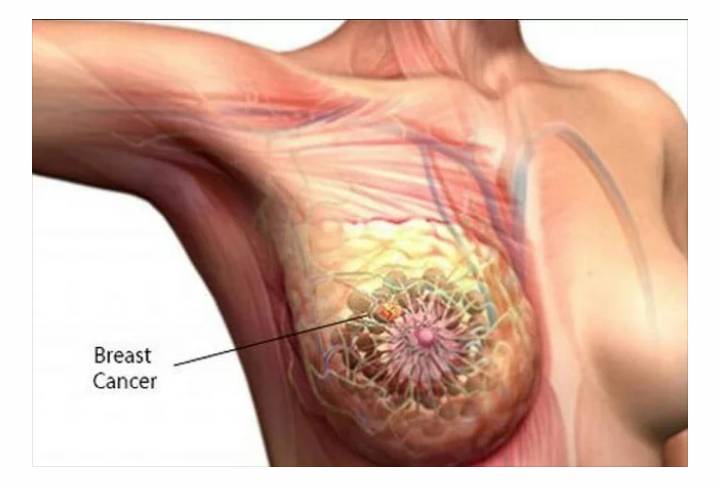Understanding Breast Cancer: A Global Health Concern
Breast cancer stands as one of the most prevalent types of cancer worldwide, impacting millions of women annually and even a small percentage of men. This disease, characterized by the uncontrolled growth of cells in the breast tissue, has significant physical, emotional, and societal consequences. While advancements in research and awareness campaigns have improved detection and treatment, the burden of breast cancer remains a pressing global health issue.
Global Prevalence and Risk Factors
According to the World Health Organization (WHO), breast cancer accounts for nearly 12% of all new cancer cases globally each year. It is the leading cause of cancer-related deaths among women, with significant incidence rates in both developed and developing countries. Risk factors for breast cancer include age, family history, hormonal imbalances, lifestyle choices such as smoking and excessive alcohol consumption, and exposure to radiation. Obesity, lack of physical activity, and certain genetic mutations, such as BRCA1 and BRCA2, also contribute to increased risk.
Symptoms and Early Detection
Early detection of breast cancer significantly improves the chances of successful treatment. Common symptoms include lumps in the breast or armpit, changes in breast size or shape, nipple discharge, and skin changes such as dimpling or redness. Regular self-examinations and routine screenings, including mammograms, play a critical role in identifying the disease in its early stages.
Treatment Options
Treatment for breast cancer varies based on the stage and type of cancer. Options include surgery (lumpectomy or mastectomy), radiation therapy, chemotherapy, hormone therapy, and targeted therapies. In recent years, personalized medicine has gained prominence, tailoring treatments to individual genetic profiles and improving outcomes.
The Role of Awareness and Advocacy
Global campaigns, such as Breast Cancer Awareness Month in October, have been instrumental in raising awareness about prevention and early detection. These initiatives encourage women to prioritize regular health check-ups and educate communities about the importance of supporting affected individuals.
Challenges and the Way Forward
Despite progress, disparities in breast cancer care persist, particularly in low- and middle-income countries. Limited access to healthcare services, late-stage diagnoses, and inadequate treatment facilities contribute to higher mortality rates in these regions. Bridging these gaps requires collaborative efforts from governments, healthcare organizations, and non-governmental entities to improve access to screening and treatment.
Conclusion
Breast cancer remains a formidable health challenge, but hope lies in early detection, advanced treatments, and collective efforts to address disparities. By prioritizing education, research, and equitable healthcare, the global community can continue to reduce the impact of this disease and save countless lives.
Breast cancer awareness is not just a campaign; it is a call to action for individuals and societies to work together for a healthier future.



No comments yet
Be the first to share your thoughts!